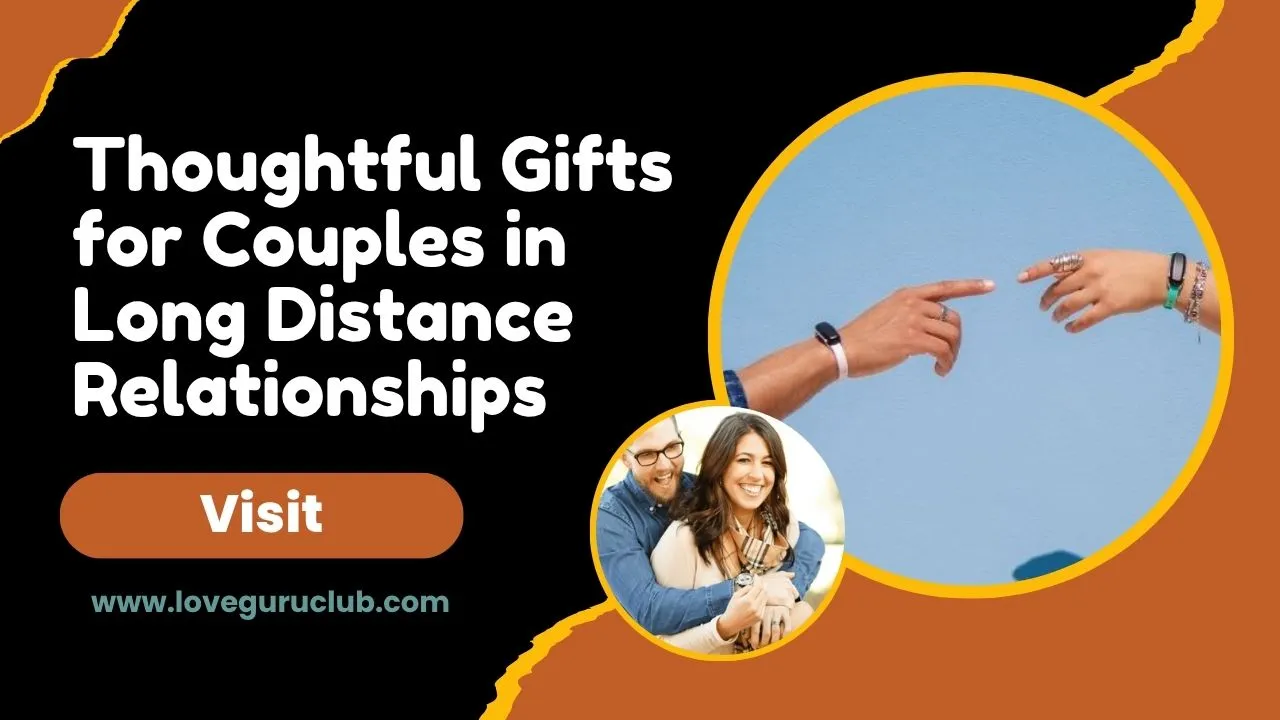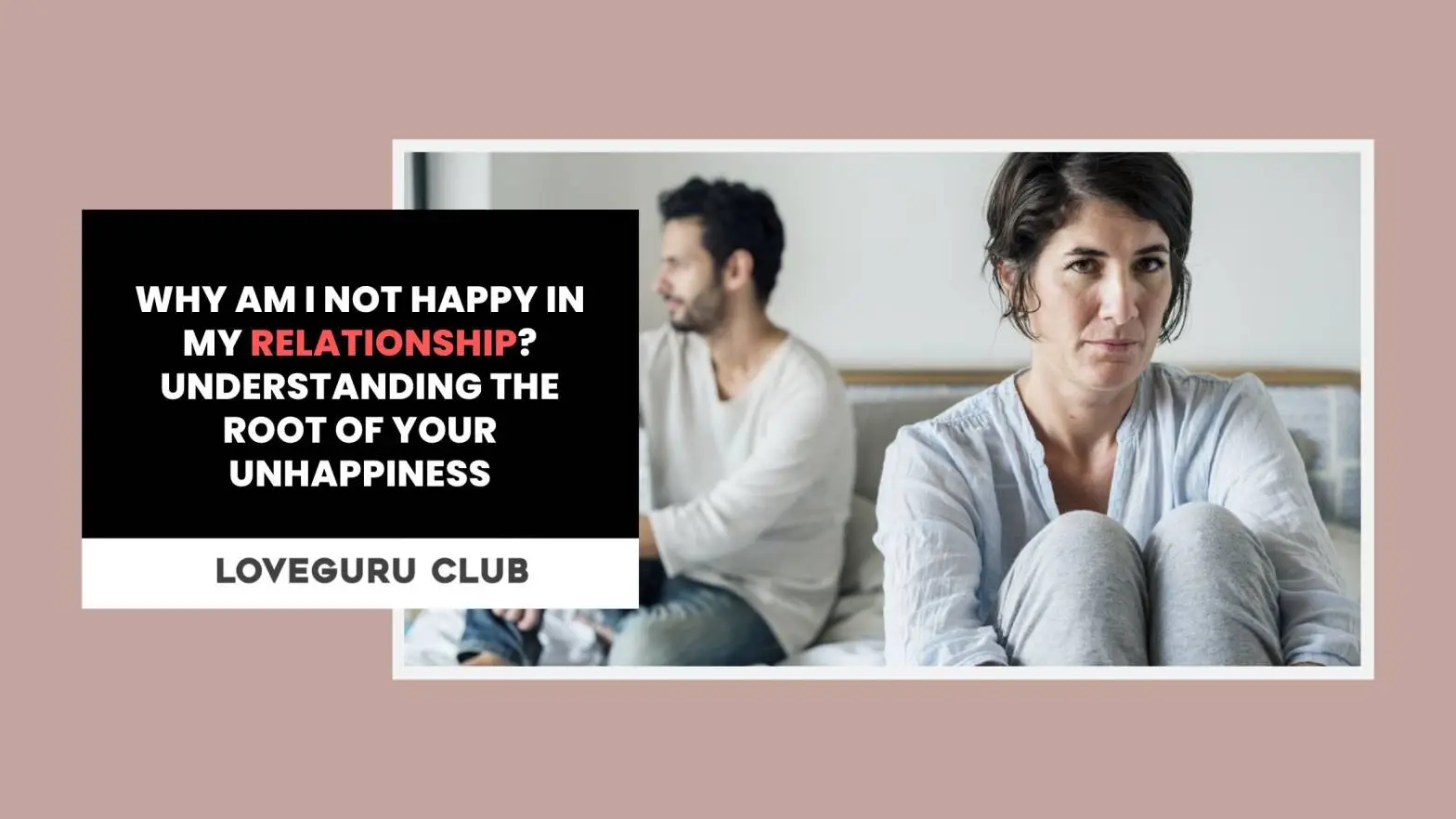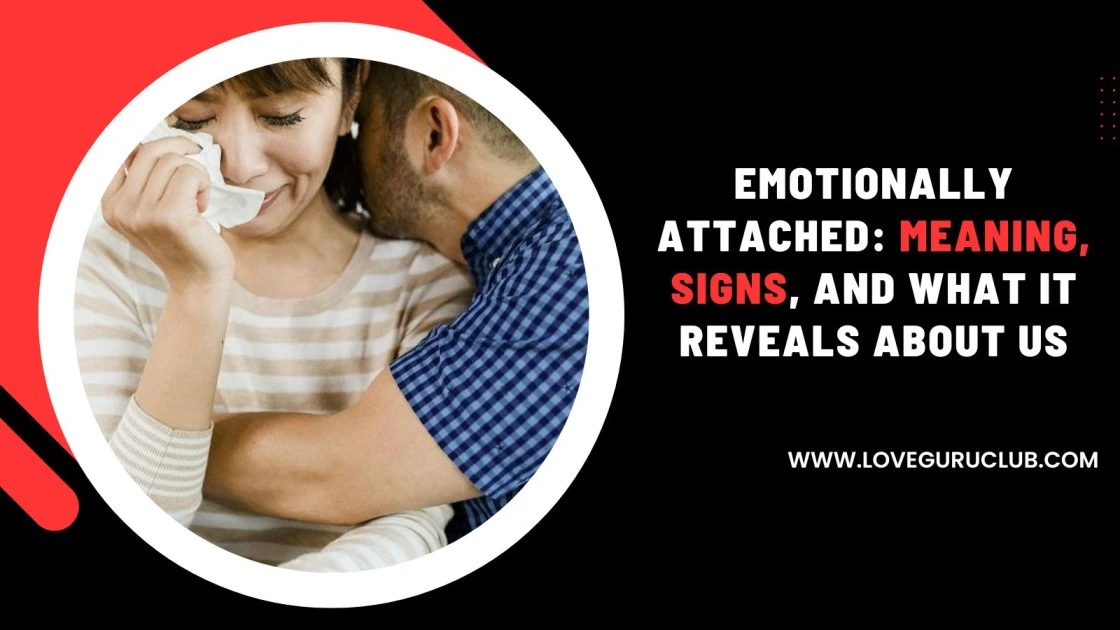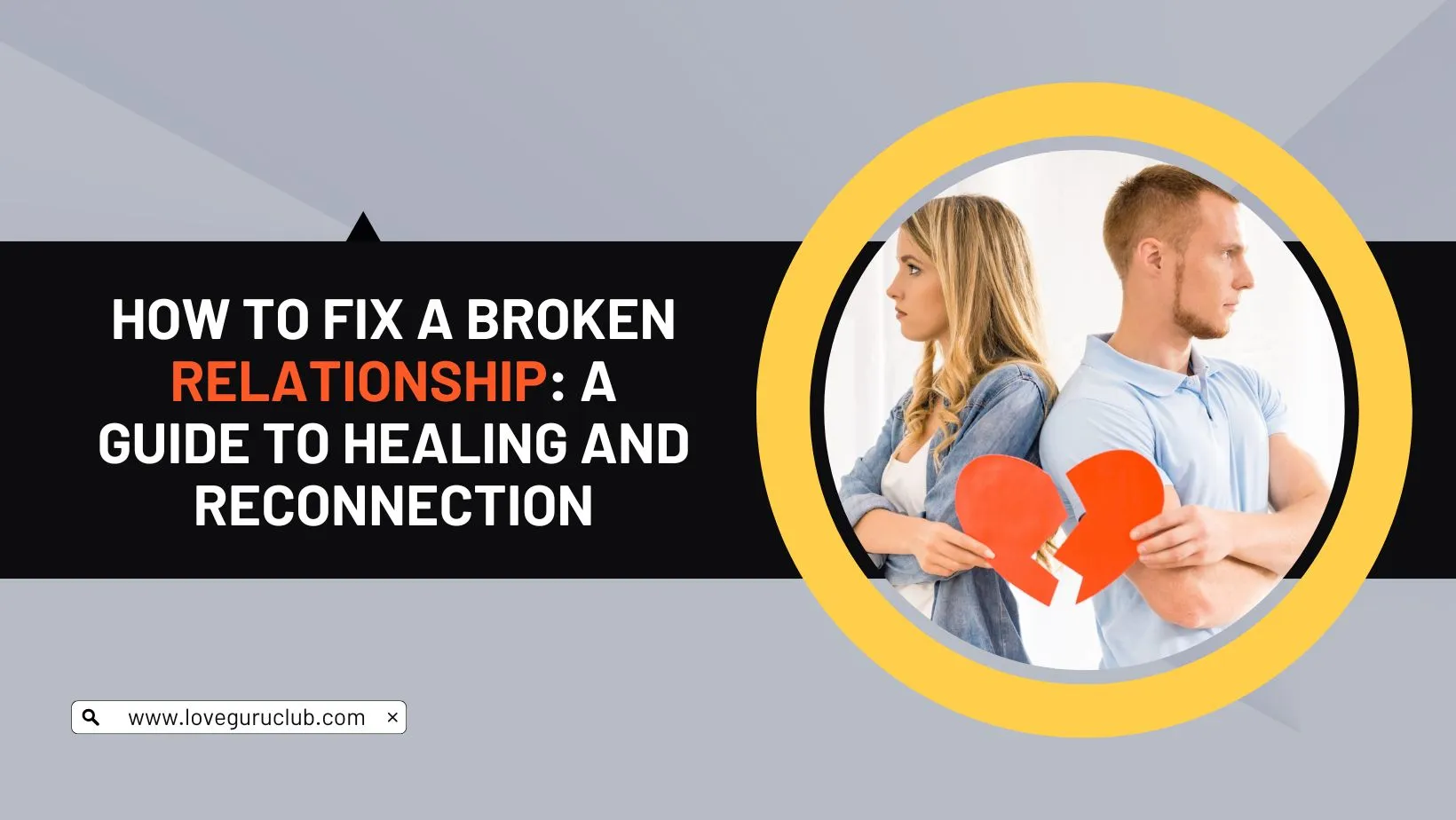Happiness
Episode 65: Give Yourself a Break
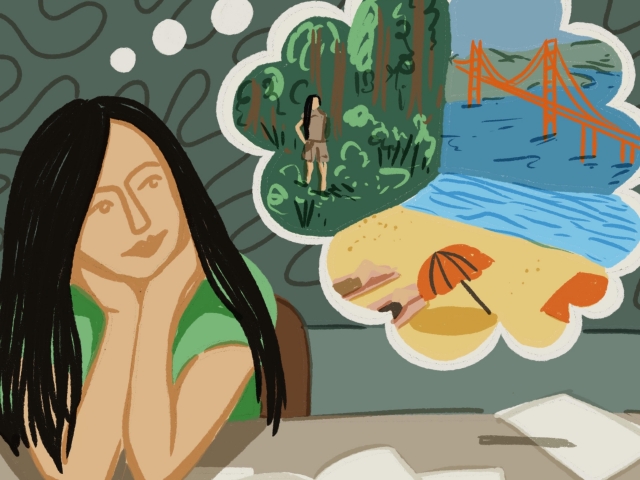
DINGDING HU My name is Dingding. I was born in Shanghai, China, and I decided to exchange to UC Berkeley for one semester. During this semester, I really looked forward to, like, explore the campus and make more friends and explore like the cultures and different things in California.
But suddenly, the COVID situation is widespread and we cannot go outside anymore.
Since I’m only exchanged at UC Berkeley for one semester, so it is literally four months. But, like, after the first months, we are like most of the time are self-quarantine. And like the campus is shut down. And most of the facilities are shut down.
So I feel really like distressed and and very like anxious because this is my first time away from home, especially for such a long time. My parents are already very worried about me because I’m not like stay near them. But after the pandemic has like widespread, they are, like. more concerned about me. I don’t want to hurt them more because of my, like, anxious or stress. So it’s really hard for me to, like, communicate with them because I don’t want them to feel sad about me. So I actually most of the time I just like feel stressed and be lonely and try to like figure only by myself.
DACHER KELTNER When Dingding Hu left her home in Shanghai, China for a semester abroad at UC Berkeley, she planned on meeting new people, experiencing a new college campus, and traveling around California. Those plans were up-ended by COVID-19. Now she’s stranded here, sheltering in place more than six thousand miles from home.
Many of us are struggling with the loss of experiences: planned trips, events, parties, on top of threats to our health, financial security, and the uncertainty about when things’ll change. It’s a lot to cope with.
So we asked Dingding to try a science-based practice to help deal with stress and disappointments. I know her personally because she’s in my Human Happiness class, and is a really thoughtful student.
Dingding, thanks for joining us on The Science of Happiness.
DINGDING HU Thanks so much. It’s my pleasure Professor Dacher. Thank you for having me.
DACHER KELTNER You’ve spent most of your time in the United States quarantined indoors with your college roommates. And I know that’s been really hard for you. So when we asked you to choose a happiness practice, you picked the “Self-Compassion Break,” an exercise to help us be kinder to ourselves.
DINGDING HU Right.
DACHER KELTNER Why did you choose that one?
DINGDING HU Because it’s a hard aspect for me, because I cannot do it. Especially in this kind of situation. I cannot help blaming myself because my plan is just messed up because this kind of situation. So I know that it’s not my fault, but I just can’t help thinking about, you know, “Why do I do this?” Or, “Why this came to me?”
DACHER KELTNER Do you think you’re too hard on yourself?
DINGDING HU Yeah. Always. So I chose this.
DACHER KELTNER Why is that? What prevents you from being a little bit kinder to yourself?
DINGDING HU I just always, like, just told myself that, “Why you don’t work hard? why you don’t just try hard? why you are lazy?” Like, I cannot help comparing myself to other people.
DACHER KELTNER Yeah, not comparing what you’re doing to what other people are doing—that’s at the heart of self-compassion. Can you walk us through the steps of the Self-Compassion Break?
DINGDING HU Of course.
DACHER KELTNER Thank you.
DINGDING HU Well, it requires five minutes and there are five steps all together, and the first step is I need to think of a situation in my life that is difficult and is causing stress. And after that, just call the situation to your mind and see if you can actually feel the stress and this kind of emotional discomfort in the body and mind. And then it comes to step three. After thinking about the situation, just say to yourself, “This is a kind of suffering. This is a moment of suffering.” Or whatever statement feels most natural at the moment.
So after you can say to ourselves that, “other people also feel this way. And I’m not alone. And we all struggle in our lives,” or something that reminds you that having troubles or suffering is a common humanity. It’s most hard step for me because I just cannot help thinking about the excuse or laziness about myself. And, you know, every time I just tried to do it, the little voice just came to my mind that you are finding excuses, but actually after several times to practice this kind of thing I just make that voice to calm down, calm down, calm down. And then at that moment you can put your hands over your heart. Feel the warmth of your hands, and the gentle touch of your chest and say, “May I be kind to myself. May I give myself the compassion I need. May I accept myself as I am. May I forgive myself. May I be strong.” And after all the five steps, I just open my eyes and fall into the deep thought. Yeah, every time, I just fall into the deep thought.
DACHER KELTNER What did you think about?
DINGDING HU I just think about, I never tried that before. Even I kind of haven’t thought about the possibility of forgiving myself. I mean, we can be kind to other people. We can easily forgive them for their mistakes or struggles. We can, like, feel compassion with them. But I just cannot do it to myself.
DACHER KELTNER You know, Dingding, I remember opening up to students, you know, who had gone home and who are sheltering at home like you are. And I was like, how are you feeling? And I was struck by how many times people use the word loss and suffering. You know, that there’s this real sense right now of young people of having lost a graduation or a great class or prom to go to or in your case, you know, these plans that you had about exploring California and studying here at Berkeley. What was it like for you to walk through this self-compassion practice when thinking about how your plans had really changed because of the virus?
DINGDING HU I came here for such a short period and I plan to do a lot of things like traveling and experience the life as the local students here and I also planned to stay here for the summer vacation. And suddenly it’s: I just cannot do it.
DACHER KELTNER Mm hmm.
DINGDING HU It makes me really sad. So I kind of start blaming myself. Why just this kind of situation came to me. “Why? Why it’s me?” So it’s really stressful and working through this self-compassion practice. You know, I connect to the people who are also in this kind of situation because I feel stressed and I feel a sense of loss. It’s not just me. It’s not because of me. Because I cannot foresee this kind of situation. And other people not only in the US, also like maybe China. Also in my hometown, all of the people are just suffering this moment because all of the things are just shut down.
DACHER KELTNER Yeah.
DINGDING HU It changed me because I used to blame myself.
DACHER KELTNER You know, Kristin Neff, who’s really the kind of the originator of this whole movement in self-compassion. And one of the recent studies she had people do this for eight weeks, compared it to a control condition and found that it really helped with anxiety and rumination and just lifted people’s spirits and happiness. What would you say is kind of some of the shifts that this practice has brought about for you?
DINGDING HU The first time I just do this practice, I can’t help myself crying because it’s so hard or it’s a different kind of feeling because, you know, you always just told yourself that you need to keep strong or do not give up. “You fall behind. You are not good enough.” Every time, just talk to yourself this kind of thing. But suddenly one day someone just told you that you need to be kind to yourself or you need to forgive yourself. It’s not because you are finding excuses. All of the other people are just suffering. It’s not just you. You are not a failure. It’s normal. So the first time I just cannot help crying because in this situation, I didn’t like plan a long time, like, to decide to do , like, exchange for one semester here. I just decided it like in a couple of weeks, so I feel well, if I didn’t ask. Well, I don’t feel so anxious now. So, but so I don’t want to connect with them because I’m afraid of that. They will, like, feel disappointed with me.
DACHER KELTNER Did it change over time as you did it?
DINGDING HU The first several practices, it’s just, you know, a little bit hard.
And after several practices, you just begin to shift your mindset like, “Wow.” I just think about that, the possibility that others just feel this way. And it’s just the suffering, and it’s hurts. It’s really normal to hurt. And it is really normal you feel this kind of suffer. I just kind of accept that statement.
I kind of jump into the period that, “Yeah, you can do it. And you can be kind to yourself.” And then after that, I just feel it really calm and, you know, in the practice I did yesterday, I just felt. Wow. I calmed down. I just, yeah, accept that. So, yeah, it’s really strong.
DACHER KELTNER It sounds like you did this a bunch of times.
DINGDING HU Yeah, I did it like every day for one week.
DACHER KELTNER Wow. You know, I mean, now when we’re so isolated from each other, not together, It seems like a good time to be trying these different kinds of things. So great to hear you pushed it for a week. That’s impressive.
DING DING HU Especially in this kind of situation. You know, I…I can just calm the little voice in my head down and told it that it’s not my fault. Everyone just suffer. It’s not because I am a failure. It just, I suffer. It is stress. And everybody is just suffering and everybody is just. So it’s a common thing to feel stressed now and it is not my fault.
DACHER KELNTER I know a lot of people, a lot of young people, who are too critical upon themselves, you know, which my colleague Steve Hinshaw really feels is almost an epidemic of self-criticism. They often, you know, they’re often worried pretty continuously about disappointing their parents, for example. How do you think doing the self-compassion practice maybe shifted your thinking about disappointing your parents?
DINGDING HU Once I thought, “It is not my fault. I cannot control that.” And I will start thinking about that. They also won’t blame me. Because I’m afraid of disappointing to them, because I think that they will fall or they will think it is my fault. I just didn’t do it right, though. I think I am afraid of that. But once I, once I thought to myself, “It’s not my fault,” I start thinking that maybe they won’t blame me. They won’t feel disappoint with me.
DACHER KELNTER You know, I think I’m just curious thinking, you know, you’re going back to China in a few months, hopefully, and you know, and see your parents and resume your studies and go on, what parts of the Science of Happiness and what parts of this practice will you take with you back home?
DINGDING HU That suffering is a human, a common humanity. And other people feel this way. And I’m not alone. We all struggle in our lives. And I will keep that thought. As a reminder, when I just face another challenge, or face trouble in my life, and I start blaming myself, I will keep in my mind that everybody just will feel this in a certain period of time. It’s not just me. And I’m not abnormal. And keep in my in my mind. And I think it will help me get through the struggles. In my life, in the future, I think.
DACHER KELTNER Well, Dingding, we are so grateful for you joining us on our show and for doing the self-compassion practice seven times. And we thank you for all of your rich insights about this particular part of the science of happiness.Thanks for joining us.
DINGDING HU Thanks.
DACHER KELTNER It may seem counterintuitive at first, but when times are hard and demanding that’s when we could really turn to self-compassion.
KRISTIN NEFF When you’re stressed, you’re anxious or depressed and you’re really suffering and the fact that you aren’t coping that well with the situation, then usually that’s kind of the motivation for trying something new.
DACHER KELTNER More on the science of self-compassion, up next.
KRISTIN NEFF So the easy way to understand self-compassion is just treating yourself with the same kindness, care, concern you would naturally show to a close friend.
DACHER KELTNER That’s Kristin Neff, an associate professor at the University of Texas at Austin and a pioneer in the study of self-compassion.
KRISTIN NEFF But my more formal scientific definition of self-compassion involves three components.
DACHER KELTNER The first is mindfulness.
KRISTIN NEFF We need to be mindful of our pain. We need to be willing to turn it and be with it in order to have a compassionate response.
DACHER KELTNER Next, we need to be kinder to ourselves.
KRISTIN NEFF But then finally, there’s a third element that really needs to be there for it to be self-compassion. And that is actually other people, a sense of common humanity. Right. And this is what differentiates self-compassion from self-pity. Self-pity is “Poor me, woe is me.” Self-compassion is “Well, you know, everyone is imperfect. I’m not alone in my struggles.”
DACHER KELTNER Within Kristin’s framework, self-compassion means directing the same kind of kindness, care and concern we’d show a good friend to ourselves. It sounds simple, but it’s much easier said than done.
KRISTEN NEFF We’re actually harder on ourselves, meaner to ourselves than we usually are to people we don’t like, right? So, we’re often the worst with ourselves.
DACHER KELTNER She thinks there are a couple of reasons why: one comes from the cultural narrative that self-criticism is what motivates us to improve, and become effective members of society.
KRISTEN NEFF You know, it’ll keep us from being lazy or selfish or self-indulgent. So in some ways, it’s kind of a misplaced belief that it’s healthy to be self critical, even though, in fact, the research shows it’s actually much healthier to be self-compassionate if you want to be motivated and, you know, take care of yourself and give to others.
DACHER KELTNER There’s also a physiological explanation. Evolutionarily, when we’re threatened, we’re designed to go into fight, flight or freeze mode.
KRISTEN NEFF The system’s really good when we’re fighting against, you know, an animal that’s attacking us. But often the threat to ourselves is a threat to our ego. There’s something about ourselves that we don’t like. We feel inadequate. So we turn the fight flight or freeze response inward. And we fight ourselves or we flee and shame. Kind of, like, hide ourselves from ourselves.
DACHER KELTNER When we’re struggling in some way, like most are during this pandemic, we tend to not only judge ourselves too harshly, but also be really dismissive of ourselves.
KRISTEN NEFF We get so focused on, “Do we have enough toilet paper?” You know, “Do I have the supplies I need? Are my kids being taken care of?” You know, checking all the boxes in terms of what we need to do to survive that It’s almost like we just kind of forget to say, “Hey, how am I doing?” You know, “What do I need in the moment?”
DACHER KELTNER Self-compassion can counter these tendencies. Kristin’s studies show that people who cultivate it not only report being kinder to themselves, they also have better coping skills, are more resilient to stress, and feel more motivated to achieve their goals.
KRISTEN NEFF The thing about it is the only way out is through. Right? So it’s like, we’re feeling pain, we’re feeling suffering. We’re feeling overwhelmed. We can’t just make it go away. Because what we know from the whole field of mindfulness studies is if we resist feeling pain, we’re just going to make it worse. And so really our only option is to open to the fact that this is so hard right now. This is really hard. Right. But then luckily, we don’t have to just stay there, because once we acknowledge it open to the difficulty, then we can start to care for ourselves, to, you know, speak to ourselves kindly, to use the wisdom of common humanity, to recognize that it’s not just us. And so, you know. Yeah, it is hard. It is. And that’s really where self-compassion comes in. And it cannot only counter self-criticism and self judgment. It’s very, very good for helping us cope with stress and crisis. And this is a crisis. So it’s just what we need.
DACHER KELTNER If you’d like to try out the Self-Compassion Break practice, visit our Greater Good in Action website at ggia.berkeley.edu. There you’ll find a 5 minute audio clip that can also guide you through the exercise.
Share you thoughts with the hashtag #HappinessPod or by emailing us at greater@berkeley.edu.
I’m Dacher Keltner, thanks for joining us on The Science of Happiness.
Our purpose for this podcast, and at UC Berkeley’s Greater Good Science Center, is to produce all kinds of resources to foster health, resilience, and connection during these challenging times. And it’s made possible by donations from listeners like you.
If you’d like to support our work and the millions of people who rely on it, please visit greatergood.berkeley.edu/donate and give what you can. That’s greatergood.berkeley.edu/donate. Every donation helps. Thank you.
Our podcast is a co-production of UC Berkeley’s Greater Good Science Center and PRX. Our senior producer is Shuka Kalantari. Production assistance is from Jennie Cataldo and Ben Manilla of BMP Audio. Our associate producers are Brett Simpson and Ariella Markowitz. Our executive producer is Jane Park. Our editor-in-chief is Jason Marsh. Our science director is Emiliana Simon-Thomas.

